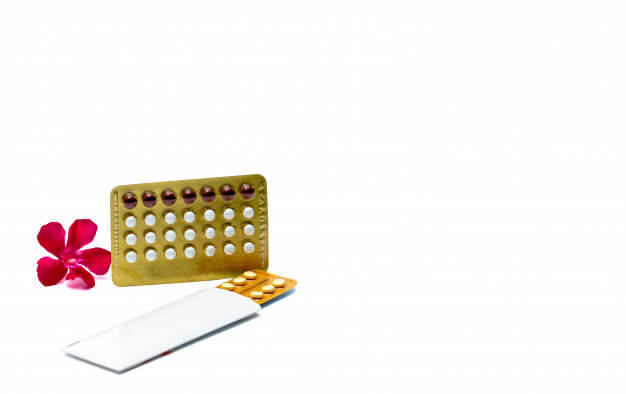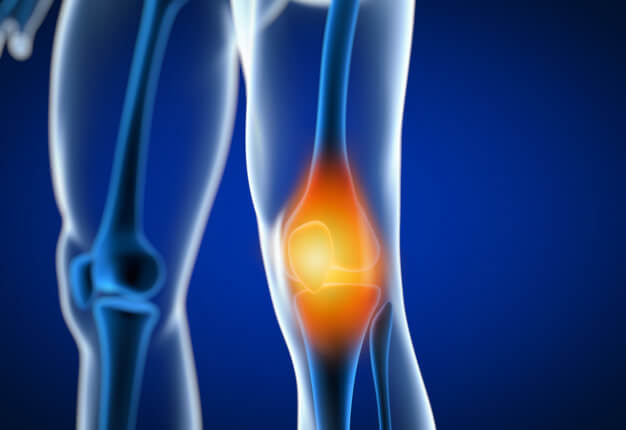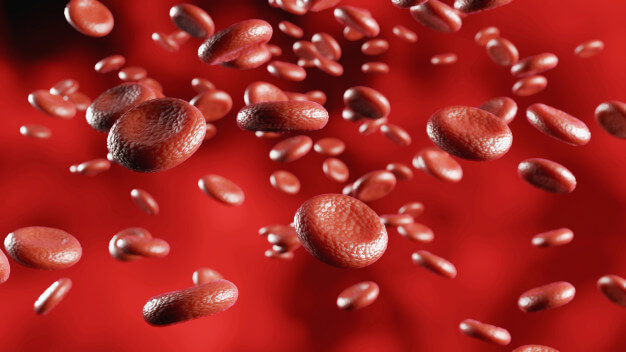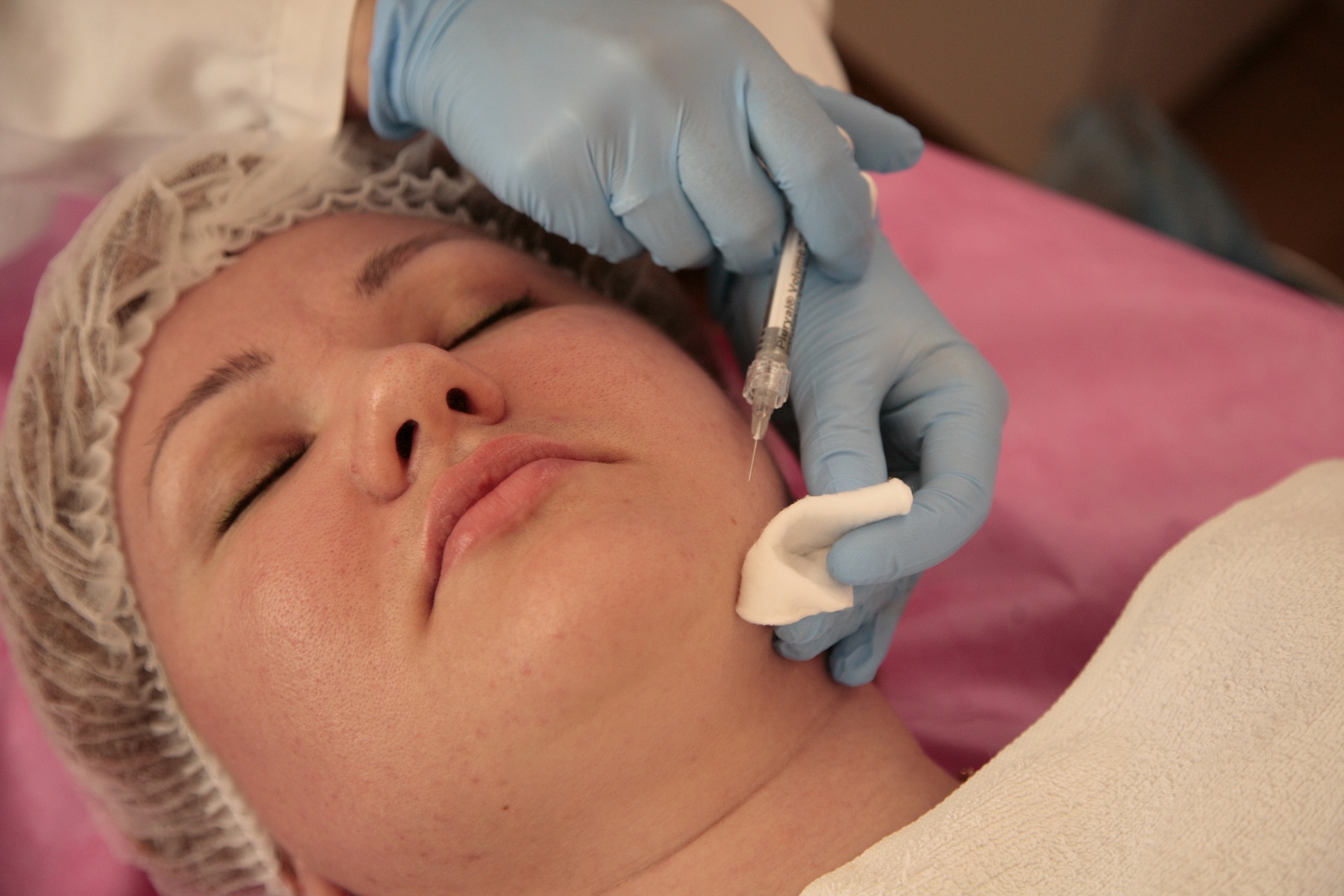As men age, their levels of testosterone decrease. This decrease in testosterone leads to a body that doesn’t perform quite as well as it once did. Not only is the ability to gain muscle stifled, but the bones begin to lose their strength as well. HRT means “Hormone Replacement Therapy”.
Fortunately, there are treatments available to help restore lost testosterone in men. Undergoing these treatments can not only make you feel younger, but it can also allow you to perform as if you are younger.
Thinking about undergoing HRT for men? This guide will provide you with everything you need to know.
What are the Benefits of HRT for Men?
It’s important to note that, while reduced hormone levels can negatively impact the overall performance of your body, they are not actively harmful to your body in any way. You can live comfortably with low testosterone levels. However, by opting for hormone therapy for men, you’ll be opening yourself up to a number of benefits.
Muscle Building:
Perhaps the primary reason that men undergo hormone therapy is that they’re looking to sustain their ability to build and maintain muscle. As you may know, the more testosterone a person possesses, the more muscle that person is capable of building.
Studies have shown that men who undergo this therapy are capable of building around 2.5 pounds of muscle in a year.
Sexual Performance:
Many men find that, as they age, their libido begins to slow down. In many cases, this has to do with their diminishing testosterone levels. By replacing lost testosterone through therapy, these men are able to sexually perform in the way that they once did.
Reproduction:
Are you and your partner struggling to conceive a child? If so, it could be because your sperm count is low. Low testosterone is directly correlated to a low sperm count, meaning that low testosterone could be at the root of the problem.
By having your testosterone restored, your sperm count will increase, making it easier for you to conceive a child.
Bone Density:
Studies have shown that men with low testosterone often also suffer from low bone density. In fact, it has been shown that low testosterone is one of the biggest causes of osteoporosis in men. Having your testosterone restored to previous levels can do a lot to keep your bones healthy and strong.
Increasing Red Blood Cell Count:
Your red blood cell count is directly correlated to the level of testosterone in your body. Therefore, when your testosterone is low, your red blood cell count will also below. This can lead to anemia, a condition that results in shortness of breath, arthritis, kidney disease, and other serious conditions.
Having your testosterone restored can up your red blood cell count, preventing anemia from occurring in your body.
Are There Any Risks Associated with HRT for Men?
While there are most certainly benefits of undergoing hormone therapy, the therapy is not without its risks. By undergoing such a procedure, you open yourself up to the following risks:
Excessive Urination:
Often times, after men undergo hormone replacement therapy, they find that their urination becomes excessive. Instead of having to urinate once every 2 hours, they start urinating once every hour, or every 30 minutes.
In some cases, this excessive urination begins because diabetes becomes present in the patients.
Cholesterol Issues:
There is some evidence out there that shows that testosterone restoration can reduce the levels of HDL in your body. HDL is the good cholesterol in your body, responsible for staving off heart disease.
At the same time, testosterone restoration can increase the levels of the bad cholesterol in your body, LDL.
Acne:
Another side effect you might notice after undergoing hormone replacement therapy is an increase in acne on your body. While this acne is not detrimental to your health, it can be detrimental to your appearance.
Fertility Problems:
While testosterone therapy can often help to improve fertility in men, there is also a chance that it will actually worsen a man’s ability to father children. The results of the procedure vary when it comes to the subject of fertility. For more information about alternative treatments, visit fertilityplus.org.uk.
For this reason, it’s often wise for patients to store some of their sperm prior to undergoing the therapy.
High Red Blood Cell Count:
Though testosterone therapy can be used to increase red blood cell count in a successful manner, there is also a chance that it can increase this count to the point of being too high.
Having too high of a red blood cell count can result in a condition known as polycythemia. This condition causes impaired vision, faintness, and enlarged organs.
What Types of Hormone Therapies are There?
In general, there are three different types of HRT for men. Each type of therapy is completed over weeks of treatment. They are as follows:
Injections:
One way to administer HRT for men is through injections. Those who choose to undergo this type of treatment will receive several shots in the buttocks nearly every 2 weeks. This type of treatment typically takes months to be completed but is generally very successful.
Patches:
Just like there are nicotine patches available to help you stop smoking, there are testosterone patches available to help you restore your testosterone. By applying these patches to different parts of your body on a regular basis (abdomen, limbs, back, buttocks), you can raise the amount of testosterone that your body produces.
Gel:
One last type of HRT for men is a gel therapy that takes place on a consistent basis over months of treatment. When you’re undergoing this treatment, you will have the gel applied each and every day. Most typically, it will be applied to your abdomen, shoulders, and limbs.
Have More Questions About Your Health?
Do you have more questions about your health? Are you interested in learning about other medical procedures? If so, ContentRally has what you’re looking for.
Whether you’re looking to improve your diet, garner information on different types of treatments, find a pharmaceutical provider, or otherwise, our site has what you need.
Browse our health-related articles right now!
Read Also :




























